
Feb 6 , 2021
By Fisseha Mekuria (PhD)
Ethiopia needs a solutions revolution, not just an industrial one, to use emerging science and technology tools to address development challenges. For this to happen, the state of the environment for innovation needs to be rethought, writes Fisseha Mekuria (PhD) (fmekuria@csir.co.za), chief research scientist at the Council for Scientific & Industrial Research based in South Africa. He is the recipient of the 2020 Innovation Excellence Award by the National Science & Technology Forum, NSTF-2020, South Africa. The comments expressed here are only those of the author.
Ethiopia currently stands at a major juncture, where a great deal has occurred just in 2020 alone. To respond to the call for sustainable peace, economic development and prosperity for all, Ethiopia's state of innovation needs to be reassessed. Peace and the country’s long-term prosperity lies in the hands of young innovators in science, engineering and technology. By focusing on their innovative and creative potential, we can address the societal and developmental challenges of today and tomorrow.
No doubt, the path toward achieving a socioeconomic recovery from the recent causes for upheaval - the Novel Coronavirus (COVID-19) pandemic and conflict in Tigray Regional State - will be difficult. This will be the case, especially if we fail to focus our attention toward talent and skills development in science and technology of people under 30, which make up about two-thirds of the population.
As exemplified in the United Nations’ Sustainable Developments Goals (SDGs), these challenges can be studied and localised to give us a direction to harness and unleash the innovation capacity and talent of the younger generation. Many graduates coming out of higher learning institutions are left wandering, unemployed. They should have been given the tools to create their science and technology-supported innovations and develop relevant applications to address these challenges, creating societal services with associated sustainable businesses and industry.
In Africa, we need a solutions revolution, not just an industrial one, to use emerging science and technology tools to address SDG challenges leading to the creation of an inclusive digital society and prosperity. This is not about to happen in Ethiopia for reasons that need to be rethought.
One reality is that innovation is happening virtually on digital platforms. We need to reconsider and redesign our systems and societal digital infrastructure to follow this trend. These days, projects are launched, collaborated on and executed on digital “cloud-based” platforms. Online learning and virtual conferences and events are on the rise. Whether this will continue as the new normal after the COVID-19 pandemic has passed remains to be seen, but no country should be sitting on their hands to find out the answer.
Another phenomenon that will impact the state of the innovation process in Ethiopia is also concerned with COVID-19. The emergence of vaccines and innovative virtual platforms was enabled by affordable ICT networks that resulted from a focused intervention. This has affirmed policymakers’ conviction that science and technology are the light with which the fate of their countries will be guided. It has not been any different for Ethiopia.
“The guarantee for future peace and prosperity is established economic development. Developing countries begging for aid will eventually be haunted by recurrent conflicts devastating their economy,” Prime Minister Abiy Ahmed (PhD), in his statement after federal forces took control of the capital of the Tigray region, Meqelle.
This is undeniable, and if there is a will, there is a way. The proof of this is how the COVID-19 pandemic is getting its solution through accelerated and innovative vaccine development, thanks to outstanding scientific research and innovations resulting in several vaccines in record time.
It shows that resilience and focused determination to solve a challenge, combined with investment in scientific innovations, will be a winning recipe.
What about the recent human-made conflict in the northern part of Ethiopia?
There is no unique solution to it except all-inclusive socioeconomic prosperity sourced by investing in the younger generation's skills and potential toward innovation in science and technology. We need an enlightened leadership and society that has learned from its mistakes and wants to commit and lead the country forward into an all-inclusive future supported with science and technology.
This requires a new thinking pattern, one that breaks the silos and walls of fear built upon tribalism, unhealthy policies, and promoting professionalism rather than political correctness. We need to enact policies to enable our young digital entrepreneurs to develop the necessary skills in emerging ICT innovations and allow them to develop digital products for local and international markets.
Ethiopia does not have a lack of digital entrepreneurs or the potential to develop a sufficient amount. We will be losing their contributions though unless we enact the enabling ICT policies and proactively support them. Assisting emerging digital entrepreneurs in establishing sustainable digital businesses requires that we abandon our narrow-mindedness.
Emerging digital technologies that will be pillars of the Fourth Industrial Revolution requires multi-sectoral thinking and working in teams both virtually and onsite. If we go at our current pace, we might once again miss the opportunity to leapfrog into the emerging digital age much the same way East Asian countries did in fast-tracking development to the industrial age.
Unlike before, economic growth is critical to achieving development and probably even survival considering the ascendance of climate change. We need to accelerate innovation and the application of emerging digital technologies for the efficient utilisation of our natural and technological resources. This starts by allowing emerging digital technologies to bridge the rural-urban digital divide and reducing the burden and unsustainable growth of metro cities such as Addis Abeba.
Individuals in a digital society should be able to live and contribute to innovation anywhere in the national boundaries - not limited by regionalism - and at the same time enjoy societal and technological services equitably. This will distribute the innovation space and potential of individuals, reduce the congestion of metros, and free up space for getting people to and from work.
I recently visited the Unity and Entoto parks in Addis Abeba, which showed an example of an innovation space where we can appreciate, get inspiration and at the same time learn how to protect nature's biodiversity. Such parks can be used to advertise for visitors, the innovation potential for growth of sustainable businesses in an inclusive and bio-diverse Ethiopia. The parks also give the big metros experimental space to create awareness on how to live, work and at the same time appreciate and protect nature. Prime Minister Abiy Ahmed's (PhD) efforts and those that participated in designing and implementing these breathing spaces in an otherwise congested Addis Ababa should be commended.
Innovation in all forms thrives much more in a society living in harmony with itself and nature.
PUBLISHED ON
Feb 06,2021 [ VOL
21 , NO
1084]
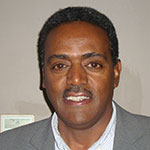
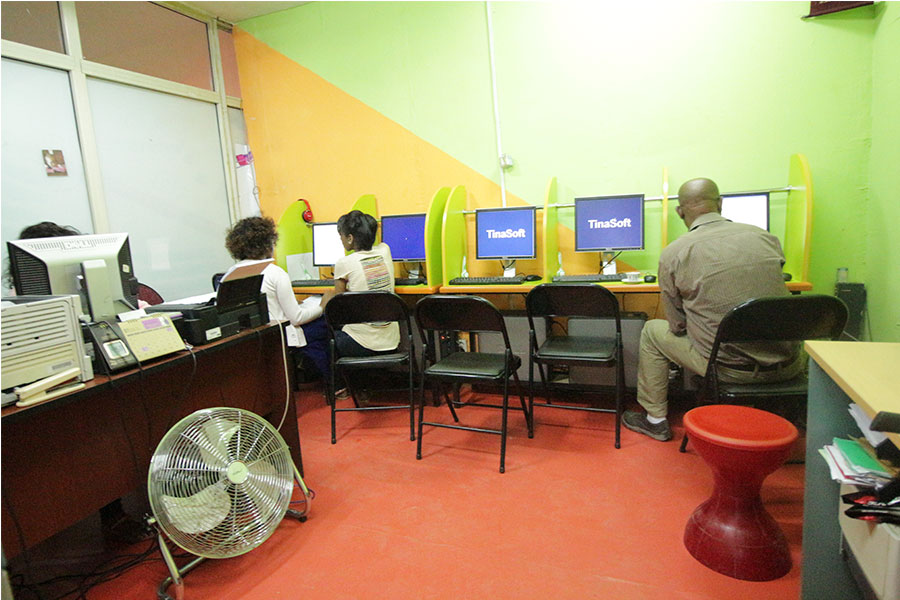
Fortune News | Jun 15,2019

Radar | Aug 10,2019

My Opinion | Jul 31,2021
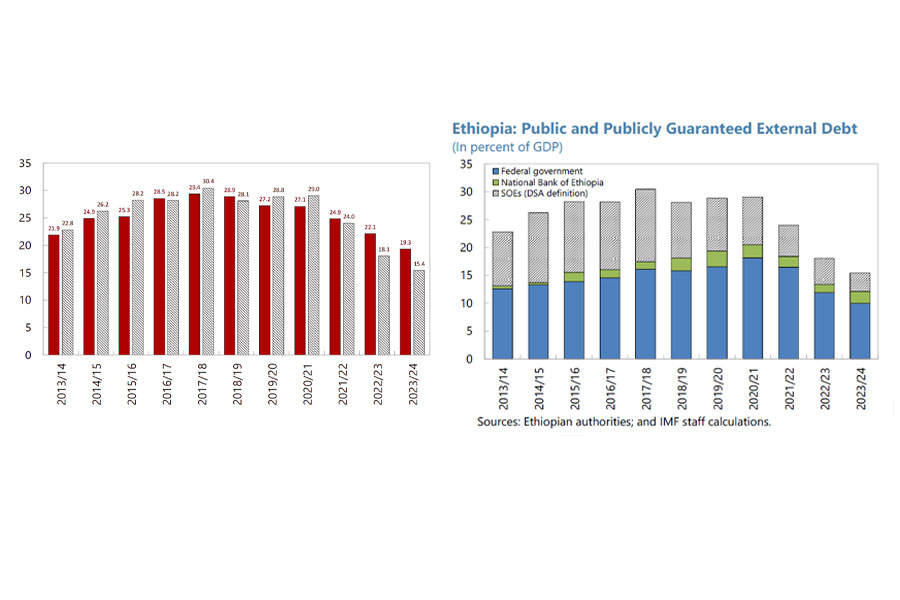
Fortune News | Sep 21,2025
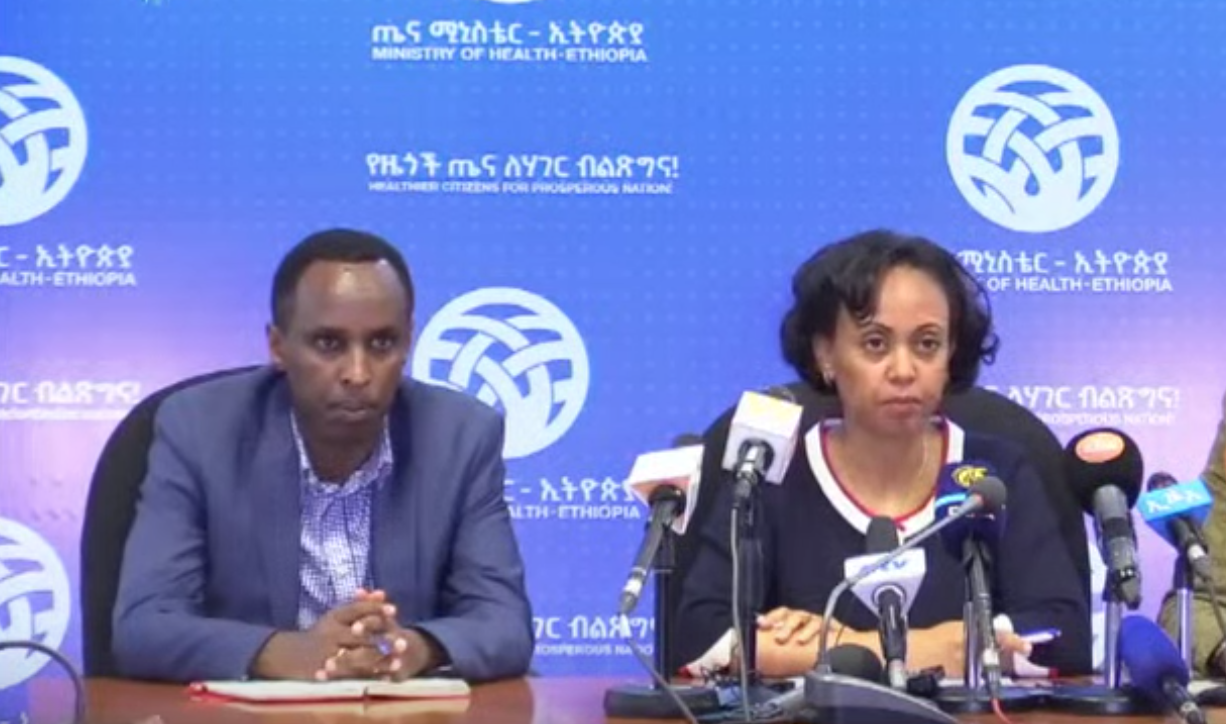
Covid-19 | Mar 29,2020

Fineline | Jan 12,2019
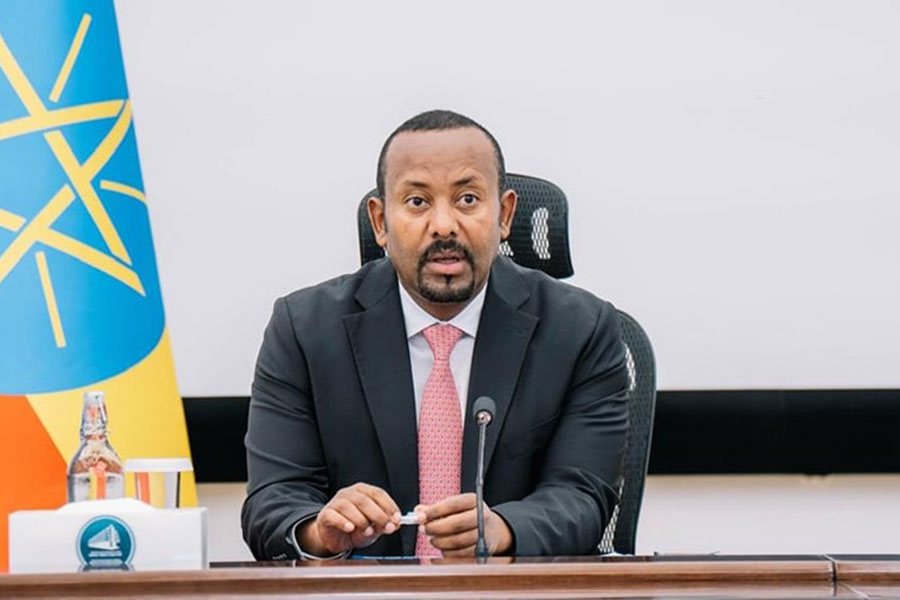
Verbatim | Jun 14,2025
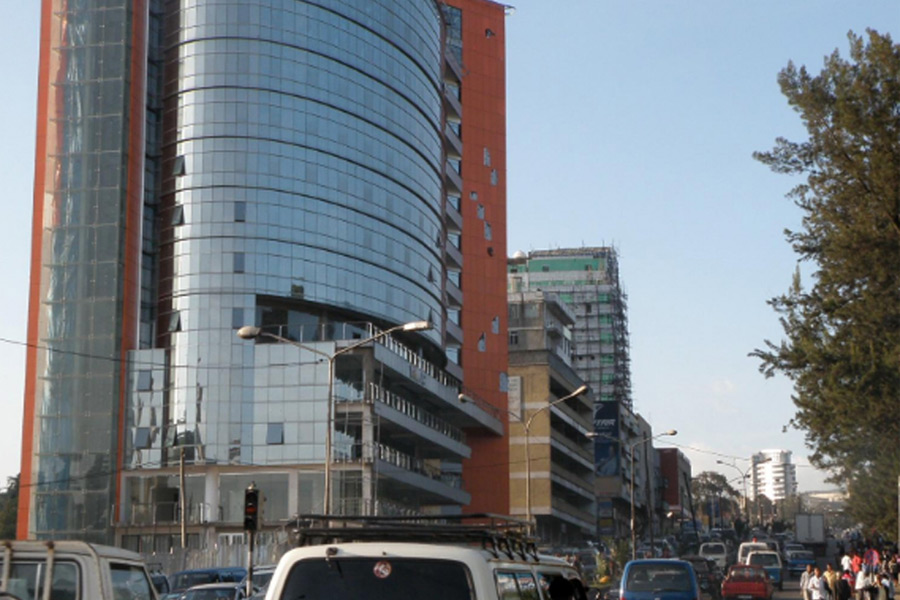
Fortune News | Feb 09,2019

Radar | Dec 19,2018
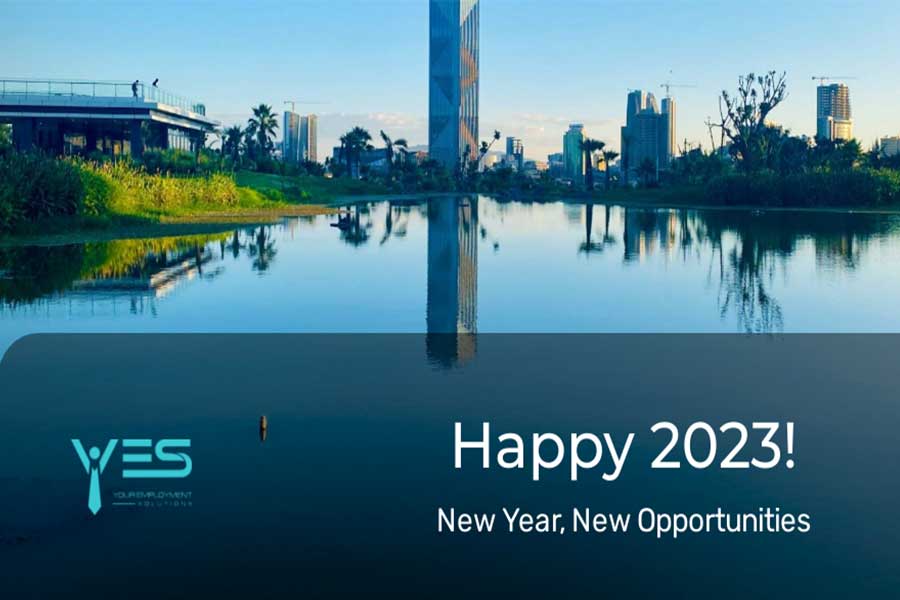
Sponsored Contents | Dec 31,2022

Photo Gallery | 174180 Views | May 06,2019

Photo Gallery | 164405 Views | Apr 26,2019

Photo Gallery | 154545 Views | Oct 06,2021

My Opinion | 136650 Views | Aug 14,2021
Editorial | Oct 11,2025

Dec 22 , 2024 . By TIZITA SHEWAFERAW
Charged with transforming colossal state-owned enterprises into modern and competitiv...

Aug 18 , 2024 . By AKSAH ITALO
Although predictable Yonas Zerihun's job in the ride-hailing service is not immune to...

Jul 28 , 2024 . By TIZITA SHEWAFERAW
Unhabitual, perhaps too many, Samuel Gebreyohannes, 38, used to occasionally enjoy a couple of beers at breakfast. However, he recently swit...

Jul 13 , 2024 . By AKSAH ITALO
Investors who rely on tractors, trucks, and field vehicles for commuting, transporting commodities, and f...

Oct 11 , 2025
Ladislas Farago, a roving Associated Press (AP) correspondent, arrived in Ethiopia in...

Oct 4 , 2025
Eyob Tekalegn (PhD) had been in the Governor's chair for only weeks when, on Septembe...

Sep 27 , 2025
Four years into an experiment with “shock therapy” in education, the national moo...

Sep 20 , 2025
Getachew Reda's return to the national stage was always going to stir attention. Once...

Oct 12 , 2025
Tomato prices in Addis Abeba have surged to unprecedented levels, with retail stands charging between 85 Br and 140 Br a kilo, nearly triple...

Oct 12 , 2025 . By BEZAWIT HULUAGER
A sweeping change in the vehicle licensing system has tilted the scales in favour of electric vehicle (EV...

Oct 12 , 2025 . By NAHOM AYELE
A simmering dispute between the legal profession and the federal government is nearing a breaking point,...

Oct 12 , 2025 . By NAHOM AYELE
A violent storm that ripped through the flower belt of Bishoftu (Debreziet), 45Km east of the capital, in...